|
Australia’s economy is crawling along at a snail’s pace. Tomorrow we’ll find out whether it’s actually gone into reverse.
If the National Accounts for the June 2024 quarter show a negative number for economic growth – and if the paltry 0.1% growth recorded in the March figures is revised downwards – we’ll find ourselves technically in recession.
We’ll bring you analysis tomorrow and Thursday once the picture becomes clear.
One thing that’s already clear is the tension between the Reserve Bank and Treasurer Jim Chalmers, who said last weekend that interest rates were “smashing” the Australian economy. As Michelle Grattan writes, the impasse has highlighted the conflicting priorities of bank and government – as well as voters’ pessimism about whether either side of politics knows what to do about the economy.
One person with some constructive advice for the Reserve Bank is John Simon, who worked there for more than 30 years and says it needs to be much more transparent with the public.
|

|
Peter Martin
Economics Editor
|
|
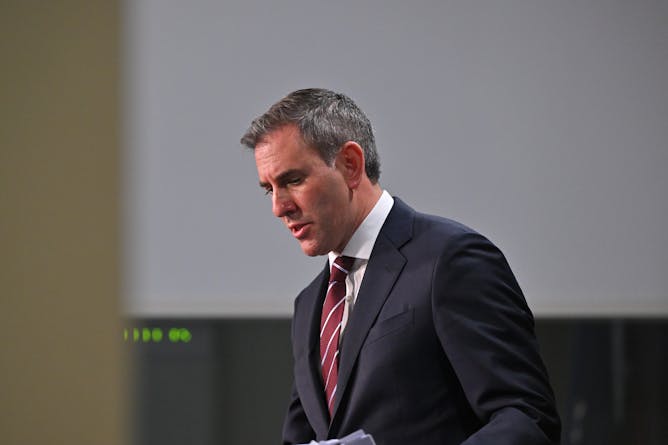
Michelle Grattan, University of Canberra
Jim Chalmers mightn’t have expected his weekend comment that interest rate rises were “smashing” the Australian economy to set off the reaction it has. it’s been something of a Chalmers mantra.
|
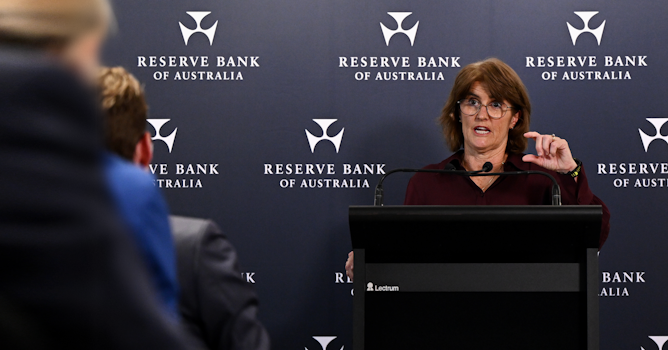
John Simon, Macquarie University
To boost Australians’ trust in an institution that’s central to all our lives, the Reserve Bank needs more transparent processes to explain its decisions.
|
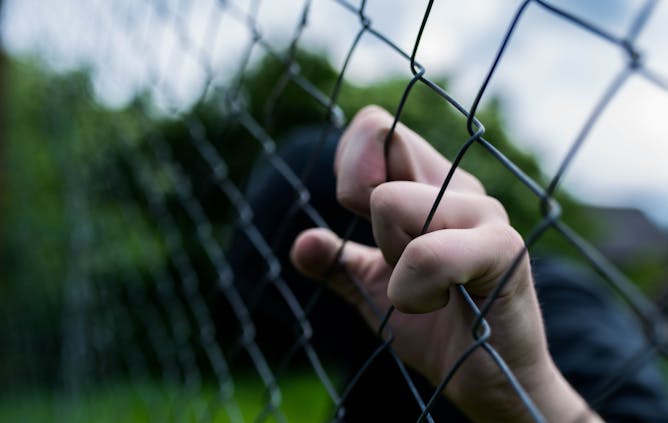
Chris Cunneen, University of Technology Sydney; Fiona Allison, University of Technology Sydney; James C. Beaufils, University of Technology Sydney
In attempts to curb youth crime, the NT government wants to lower the age of criminal responsibility, while the Coalition in Queensland wants to try children as adults for some crimes.
|

Tariq Choucair, Queensland University of Technology
The ban follows a long-running battle between Brazil’s supreme court and Elon Musk. It shows the country will no longer tolerate tech giants ignoring the rule of law.
|
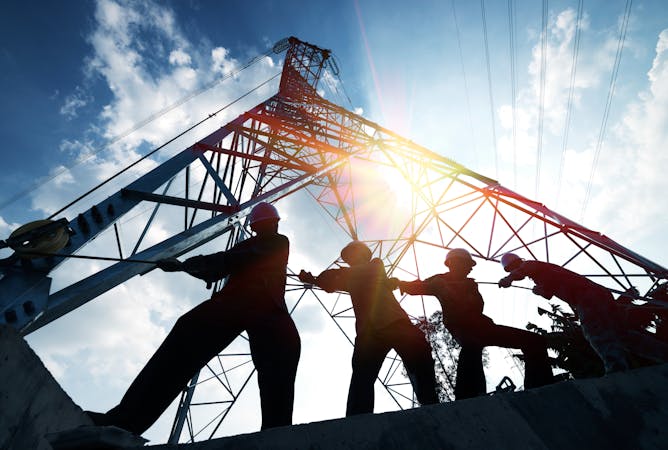
Chris Briggs, University of Technology Sydney
Australia desperately needs skilled workers and materials to build transmission infrastructure and keep the energy transition on track.
|
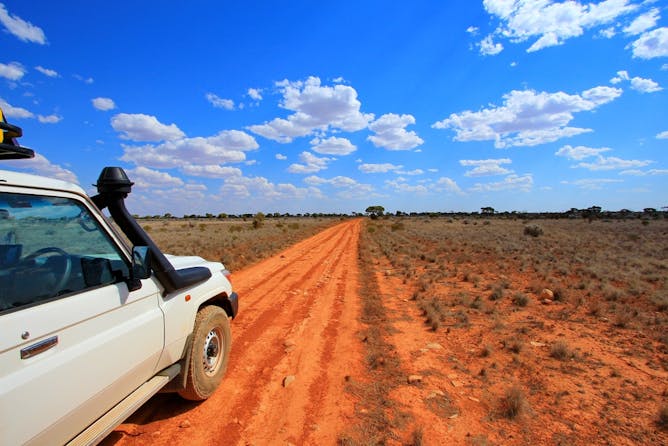
Gina Masterton, Queensland University of Technology; Milad Haghani, UNSW Sydney; Teresa Senserrick, The University of Western Australia
One thing we can do to reduce this transport inequity is make it easier for First Nations people to get their driver’s licence. This also brings individuals and communities many other benefits.
|

Allen Cheng, Monash University
Seasonal flu vaccines may reduce the risk of a hybrid strain of the virus developing – one with some characteristics of seasonal flu, and some of bird flu.
|

Aaron Schokman, University of Sydney
As a rare sleep disorder, you might not have heard much about narcolepsy. If you have, your perception may have been formed by the portrayals in media like in The Boys or The Simpsons.
|

Timothy McKenry, Australian Catholic University
When it comes to starting lessons, research says ‘the sooner the better’. But pinpointing a precise age depends on a range of factors.
|
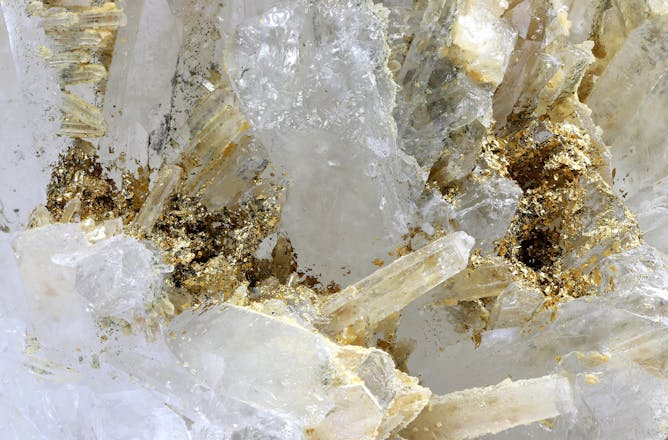
Christopher Voisey, Monash University
Gold nuggets grow much bigger than they should – and electricity produced by earthquakes may be the reason why.
|
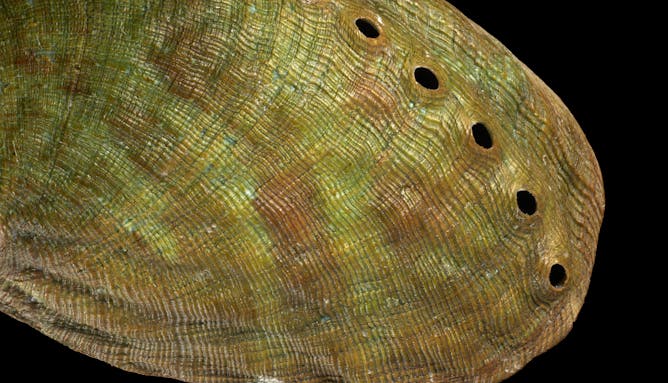
Kerry Walton, Museum of New Zealand Te Papa Tongarewa; Hamish G Spencer, University of Otago; Nic Rawlence, University of Otago
The discovery of the Manawatāwhi pāua, unique to the Three Kings Islands, highlights the need to build taxonomic expertise to speed up work to describe thousands of as-yet unnamed species.
|
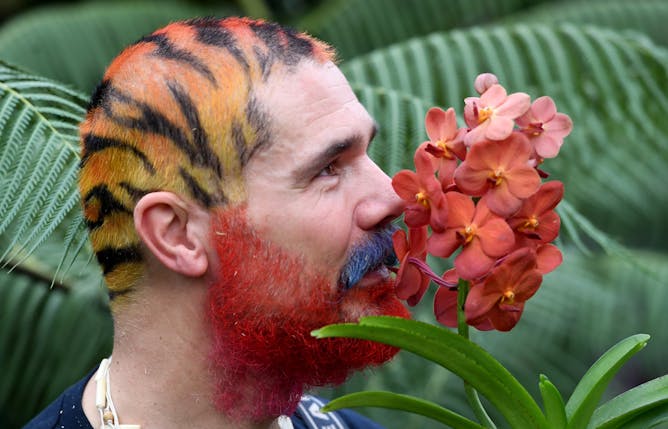
Prudence Gibson, UNSW Sydney
Most of the plants we know and admire were named after white, western men. Indigenous knowledge has been largely absent from the field of botany.
|
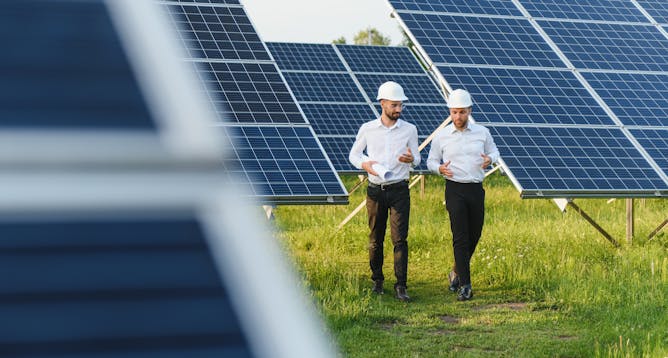
Syed Shams, University of Southern Queensland; Sudipta Bose, University of Newcastle
Our research, spanning 13 countries in the Asia-Pacific region, found that for companies, better carbon management was linked to significantly lower financial risk.
|
Politics + Society
|
-
Alistair Harvey, The University of Queensland; Gary Osmond, The University of Queensland; Murray Phillips, The University of Queensland
Harry Mosby won a silver medal for Australia at the 1976 Paralympics. It has only recently come to light how significant that achievement was.
-
Heidi Norman, UNSW Sydney
Anthony Albanese has distanced himself from a truth telling commission in favour of economic empowerment for Indigenous people. You can’t have one without the other.
-
Dominic O'Sullivan, Charles Sturt University
With the death of Kīngi Tūheitia at a time of heightened tensions around Māori-Crown relations, the Kingitanga movement’s founding principle of kotahitanga – unity – remains as relevant as ever.
|
|
Health + Medicine
|
-
Christian Moro, Bond University; Charlotte Phelps, Bond University
Sparkling water is more acidic than still water. But it’s a myth the bubbles damage your bones or impede digestion.
|
|
Science + Technology
|
-
Hrvoje Tkalčić, Australian National University
Like a piece of music, every earthquake has a coda – and it contains clues about what’s happening in our planet’s core.
|
|
Environment + Energy
|
-
Gregory Moore, The University of Melbourne
As Australia’s south-east states reel from intense winds, many of us wonder if the trees near us are safe.
|
|
Education
|
-
Gwilym Croucher, The University of Melbourne; Christopher Ziguras, The University of Melbourne
This week, Education Minister Jason Clare made an announcement that could reshape the landscape of international education in Australia.
|
|
Arts + Culture
|
-
Ben McCann, University of Adelaide
Step aside Bandit. With Father’s Day around the corner, it’s time to recognise Daddy Pig for the great father he is.
|
|
Books + Ideas
|
-
Amanda Tink, University of South Australia
Steve Silberman, much loved for his transfomative, acclaimed autism book Neurotribes, as well as his writing on the Grateful Dead, has died, aged 66. Autistic writer Amanda Tink pays tribute.
|
|
Business + Economy
|
-
Hassan Kalantari Daronkola, Swinburne University of Technology
New research finds having a self-employed partner can significantly reduce your life satisfaction. The more you value family, leisure and your own job, the greater the effect.
|
|
| |
|
|
|
Royal Australian and New Zealand College of Ophthalmologists
Anywhere
•
Part Time
|

|
|
|
|
| |
| |

|
| |
| |
| |
Featured Events, Courses & Podcasts
|
View all
|
|
2 - 6 September 2024
•
Carlton
|
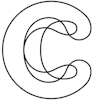
|
3 September 2024
•
Sydney
|

|
4 September - 2 October 2024
•
|

|
|
|

|
|
|
|
| |
| |
| |
| |
| |
|
|